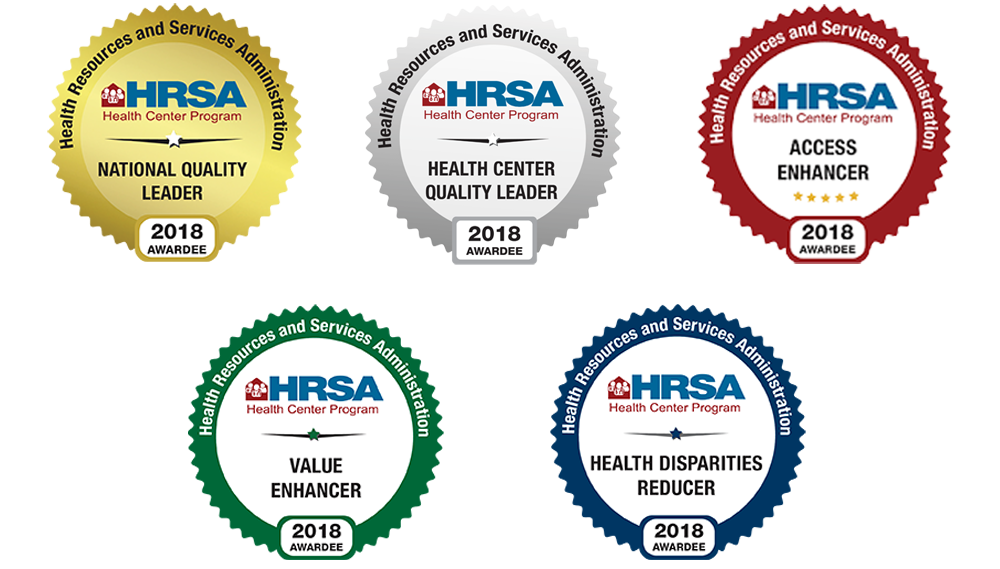Acute stress disorder is a type of anxiety disorder that develops in some people that witness or experience a horrifying life-threatening event. Acute stress disorder causes an assortment of symptoms including re-living the event through memories and nightmares and feeling emotionally numb or dazed. The symptoms are similar to posttraumatic stress disorder, but last less than a month and develop during or soon after a traumatic event. Acute stress disorder can be treated with therapy, medications, or both. Untreated acute stress disorder can lead to posttraumatic stress disorder.
The exact cause of acute stress disorder is unknown. The condition tends to develop in some people who are exposed to a traumatic event. Research indicates that people may or may not have predisposing factors that make them more likely to develop acute stress disorder. Acute stress disorder results in some people that experience, are threatened with, witness, or learn of an extremely horrific event. The event may threaten their life or the life of others. Such events include abuse, sexual assault, torture, crime, war, terrorism, disasters, and accidents. The severity, proximity, and duration of the event and a history of prior trauma can influence the likelihood of an individual developing acute stress disorder.
A symptom of acute stress disorder is a symptom called dissociation. This term refers to feeling a lack of emotions or emotionally numb, detached from reality, dazed, or “tuned out.” Acute stress disorder can cause you to re-live the event in repeated memories, nightmares, or “flashbacks” that seem very real. A flashback is a term for the sudden unexpected replaying of very vivid memories. You may avoid places, smells, people, sounds, or situations that remind you of the event. You may feel anxious and distressed at times when there is no actual threat. You may experience other symptoms that are similar to those of post traumatic stress disorder. Your symptoms may disrupt your ability to complete every day tasks and interfere with your job, school, or social life.
Some people with acute stress disorder feel severe feelings of hopelessness and despair and may develop a major depressive episode. It is also common for people with untreated acute stress disorder to have continued symptoms that lead to the diagnosis of post traumatic stress disorder. Therefore, it is very important to seek diagnosis and treatment if you develop symptoms.
A psychiatrist can begin to diagnose acute stress disorder after reviewing your medical history and symptoms. You should tell your doctor about the traumatic event and the symptoms that you have experienced. Your doctor will listen to your concerns and gather more information from you by asking you questions or using a structured assessment. Your doctor will determine if your symptoms meet the diagnostic criteria for acute stress disorder and any other co-existing conditions.
Treatment for acute stress disorder can include therapy, medication, or both. Cognitive-behavioral therapy can be a very successful treatment for acute stress disorder. Cognitive-behavioral therapy can help identify thoughts that cause worry or anxiety and strategies to deal with them. It is also helpful for preventing post traumatic stress disorder.



